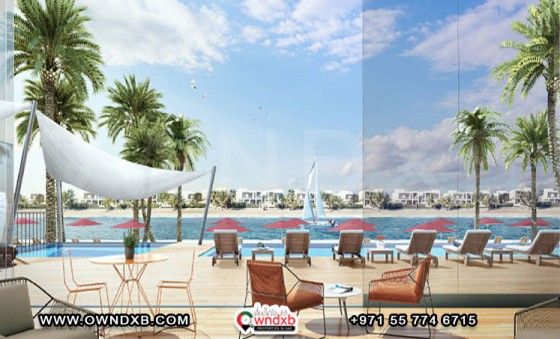It is necessary to be extremely cautious and diligent. Purchasing property funded by a well-known bank is almost always safer, as the bank verifies the title and other aspects of the property on its own. Of course, the first step is to locate a registered broker with suitable properties and hire a buyer's agent.
The fundamentals of purchasing freehold property in Dubai are the same as they are in any other city:
It is necessary to be extremely cautious and diligent. Purchasing property funded by a well-known bank is almost always safer, as the bank verifies the title and other aspects of the property on its own. Of course, the first step is to locate a registered broker with suitable properties and hire a buyer's agent.
Areas in Dubai where Non-Locals Can Purchase Freehold Property
Non-locals are only permitted to own or buy Off Plan Properties in Dubai in certain plots or zones, as defined by Dubai Government Regulation No.3 of 2006. Non-locals may own freehold property in Dubai with no time limit, or have the usufruct or hire right for a period not exceeding 99 years in 23 regions listed in the regulation, according to the legislation. Non-locals are not permitted to own freehold property in the Nad Al Shiba Area, Plot No. 224, but they are permitted to hold 99-year leases.
Um Hurari II, Barsha South II, Barsha South III, Emirates Hills I, II, and III, Jabal Ali, Al Jaddaf, World Islands, Ras Al Khour, Al Rawiya, Sheikh Zayed Road, Al Safouh I & II, Al Qouz III, Industrial Qouz II & III, Marsa Dubai, Jabal Ali Palm, Jumeira Palm, Nad Al Shiba, and Warsan I are among the 23 sectors of DubaiThe Regulation specifies the specific plot numbers in each region where non-locals may buy freehold property in Dubai.
RERA Form B Buyer's Agent Agreement
The principles of choosing freehold property in Dubai are embodied in the Buyer's Agent Agreement, Form B. To begin, you must decide whether you want to invest in a property that is currently being built or one that will be built in the future. In Dubai, such a property is referred to as "off plan." "Secondary market" properties are those that have already been finalised and are available for possession.
The next step is to figure out and state your budget as well as the time frame of which you want to have possession. Vacant land, Villas, Buildings, Apartments, and Townhouses are the five main types of property available in Dubai. Other details, such as the number of bedrooms, bathrooms, car garage, and any other special requirements, must be determined and written down.
The buyer of a freehold property must also determine and inform whether a property deposit is available, whether financing is required, whether financing is pre-approved, and whether the property is an investment, owner-occupied, residential, commercial, or industrial property.
Though registered brokers are generally trustworthy, it is important to remember that you should never pay any part of the consideration money without first signing a registered sale agreement. If you're buying "Off Plan Properties in Dubai," the funds should be deposited into an RERA-approved trust account, and the check and receipt should be made out to the project, not to any individual or corporation. It's also worth remembering that only the Dubai Land Department has the authority to charge fees on property transfers, and no seller or developer can charge a fee for freehold property in Dubai.








*********h7876@gmail.com
You are so right. There many avenues to take to create wealth through real estate. Best of all, you can start small and scale up until you have built significant wealth. It's not easy and certainly not without risk. Thanks for the article.honestdoor.com/